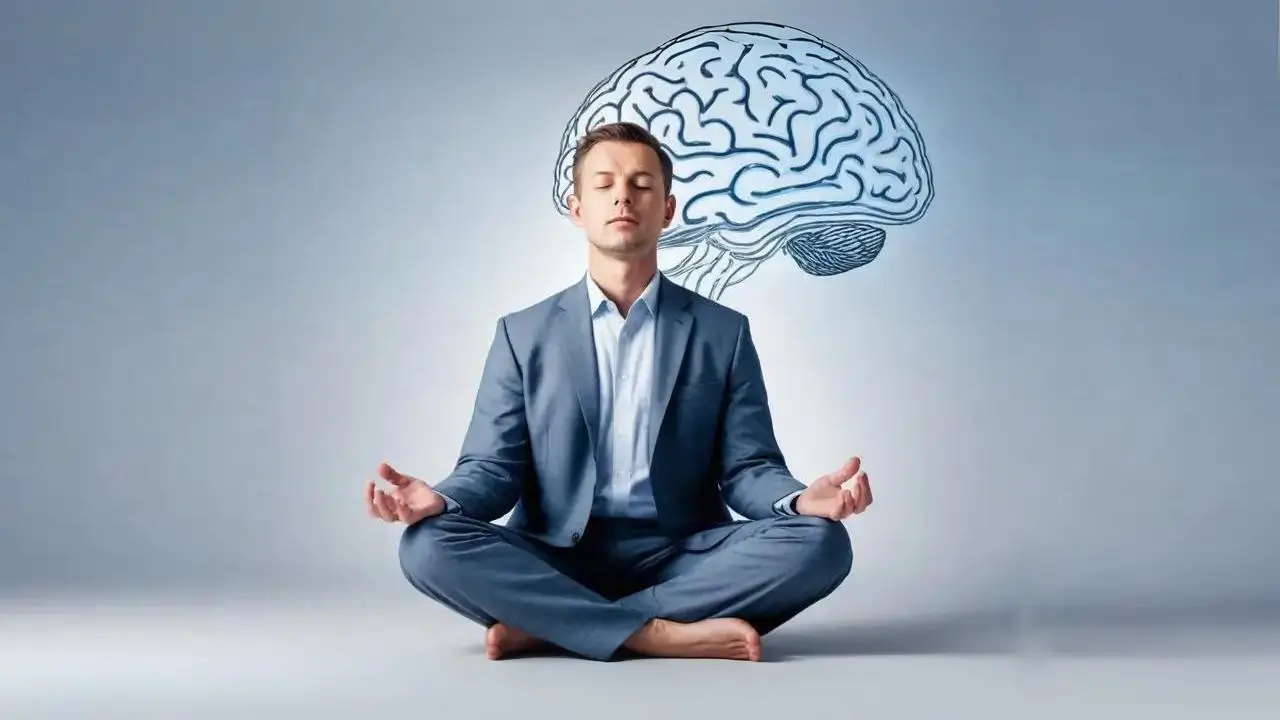The Role of Meditation in Brain Science: Insights from Hindu Practices

Meditation has long been a cornerstone of Hindu traditions, offering profound insights into the nature of consciousness and brain function. Recent advances in brain science reveal how these ancient practices transform neural activity, enhancing cognitive abilities, emotional regulation, and overall quality of life. This exploration underscores the profound impact of meditation on our brains and well-being.
Understanding Meditation in Hindu Practices: Hindu meditation encompasses diverse techniques, such as mantra meditation, mindfulness, and yogic meditation. These practices uniquely intersect consciousness and brain function, using focused attention, breath control, and visualization to modulate neural activity. Practitioners experience enhanced cognitive abilities, emotional regulation, and overall well-being.
Neurological Effects of Meditation: Meditation profoundly influences brain activity, structure, and function. It leads to significant changes in cognitive processing, emotional regulation, and well-being. Studies show that meditation can increase grey matter density, enhance connectivity between brain regions, and improve overall neural function.
Harnessing Brain Plasticity: Hindu meditation leverages the brain’s plasticity, inducing long-lasting changes in neural pathways. This process fosters greater resilience and adaptive coping strategies, enabling individuals to respond more effectively to stress and challenges.
Cultivating Mindfulness and Awareness: Meditation cultivates mindfulness and heightened awareness, promoting greater present-moment focus and a deeper understanding of the self. This practice enhances our ability to observe thoughts and emotions without judgment, leading to improved mental clarity and emotional balance.
Stress Reduction and Emotional Regulation: Meditation reduces stress, anxiety, and depression by modulating the brain’s stress response systems. It promotes emotional resilience, helping individuals manage negative emotions and maintain a positive outlook.
Enhancing Cognitive Abilities: Regular meditation enhances cognitive functions such as attention, memory, and executive function. These improvements lead to better concentration, decision-making, and problem-solving skills, beneficial in both personal and professional settings.
Insights into Altered States of Consciousness: Meditation often induces altered states of consciousness, offering insights into the nature of subjective experience and the brain’s capacity for transcendence. These states can provide profound personal and spiritual insights.
Integrating Meditation into Daily Life: Practical strategies for integrating meditation into daily routines can harness its transformative potential for personal growth, stress management, and overall well-being. Simple practices like morning mindfulness or evening relaxation can make a significant difference.
Implications for Brain Science and Mental Health: The broader implications of Hindu meditation for brain science, mental health research, and therapeutic interventions are significant. Incorporating contemplative practices into mainstream healthcare can enhance mental health outcomes and overall well-being.
Conclusion: Hindu meditation practices offer valuable insights into brain science and emotional well-being. By integrating these practices into daily life, individuals can experience profound benefits in mental clarity, emotional resilience, and overall quality of life. Try incorporating a meditation practice into your routine and observe the transformative effects on your mind and body.
